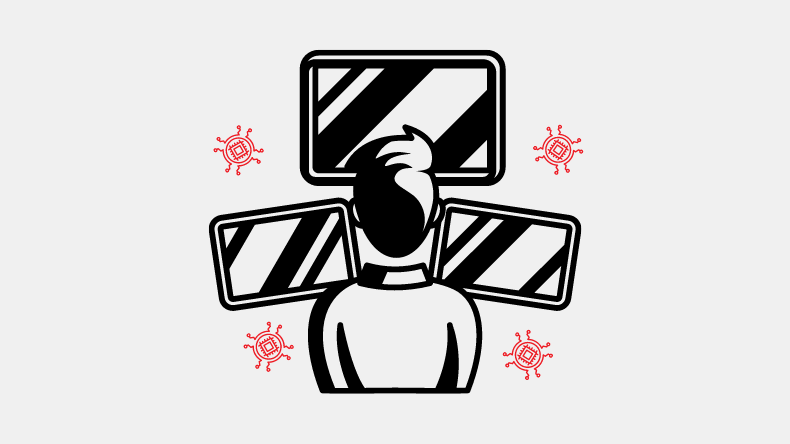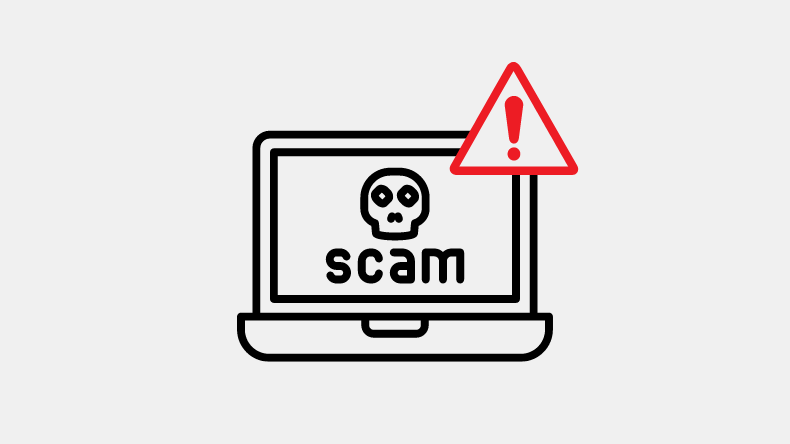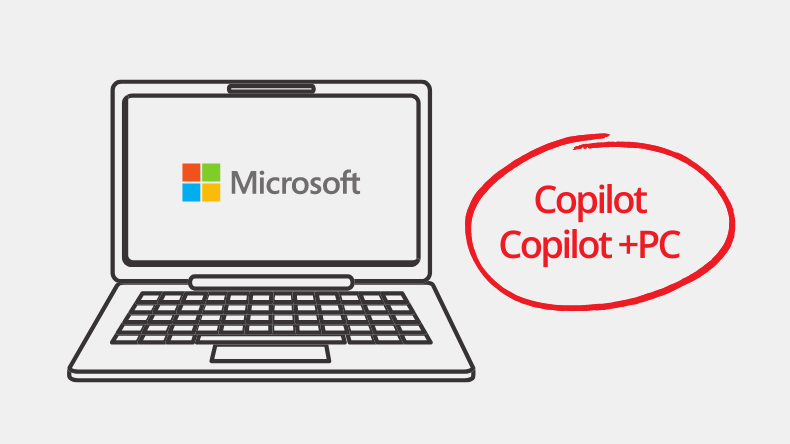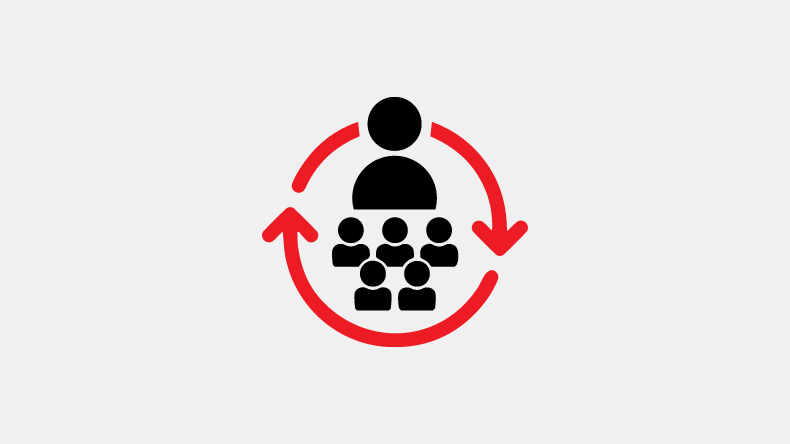Understanding SIEM & SOC in Cybersecurity: A Simple Guide for SMEs

Learn why you should know the terms SIEM and SOC as an SME business owner or manager
In an era where cyber threats are constantly evolving, ensuring the security of your business’s digital assets is paramount.
As an SME owner or manager, you might have come across terms like SIEM (Security Information and Event Management) and SOC (Security Operations Centre) but may not fully understand their importance or how they can benefit your business.
These technologies aggregate and analyze security data from various sources such as network devices, servers, and cloud streams to provide real-time analysis of security alerts.
This guide aims to demystify SIEM and SOC, explaining why they are essential for a cybersecurity strategy and how they can be effectively implemented.
What is Security Information Event Management (SIEM)?
SIEM stands for Security Information and Event Management. It is a comprehensive approach to cybersecurity that combines two critical functions:
-
Security Information Management (SIM): This involves the collection, storage, and analysis of log data from various sources within your IT environment.
-
Security Event Management (SEM): This focuses on real-time monitoring and analysis of events and alerts generated by network hardware and applications.
SIEM systems collect and analyze data from various sources, including intrusion detection systems, to ensure accurate analysis and identification of potential security incidents.
Together, SIEM systems provide a holistic view of your network’s security posture, enabling you to detect, investigate, and respond to potential threats more effectively.
Key Benefits of SIEM for SMEs:
-
Centralised Monitoring: SIEM systems aggregate data from across your business network, providing a single point of visibility for all security-related activities.
-
Threat Detection: By analysing log data and correlating events, SIEM can identify unusual or suspicious behaviour that might indicate a security breach. Additionally, SIEM systems help reduce false positives, improving alert accuracy and reducing alert fatigue.
-
Compliance: Many regulatory frameworks require the implementation of robust security measures, and SIEM can help ensure your business meets these requirements.
-
Incident Response: SIEM tools facilitate faster and more accurate responses to security incidents, minimising potential damage.
What is a Security Operations Center (SOC)?
A Security Operations Centre (SOC) is a dedicated team responsible for monitoring, detecting, and responding to cybersecurity incidents.
Security analysts within the SOC team play a crucial role in detecting potential security incidents, conducting threat hunting, forensic analysis, and incident response.
The SOC acts as the frontline defence against cyber threats, working around the clock to protect your business’s digital assets.
Key Functions of a SOC: Incident Response
-
Continuous Monitoring: Most SOC teams use advanced tools and technologies to monitor your devices 24/7, ensuring any suspicious activity is detected promptly. The security operations center plays a crucial role in continuous monitoring and incident response, providing a structured approach to threat detection and analysis.
-
Incident Response: When a potential threat is identified, the SOC team investigates and takes appropriate action to mitigate the risk.
-
Threat Intelligence: SOC teams stay updated on the latest threat trends and use this knowledge to enhance your business’s security posture.
-
Proactive Defense: By identifying vulnerabilities and implementing preventive measures, SOC teams help fortify your network against future attacks.

The Power of Logs
In the context of SIEM (Security Information and Event Management) and SOC (Security Operations Centre), logs are detailed records of events that occur within an information system.
These events can include various activities such as user logins, file accesses, system errors, and network traffic. Logs are generated by a wide range of devices and applications, including servers, firewalls, routers, antivirus software, and operating systems.
Benefits of logs for SME Cyber Security
Threat Detection: Logs reveal suspicious activities, helping SIEM systems detect security threats by analysing data from various sources.
Incident Response: During a security incident, logs are vital for investigating the cause and impact. SOC teams use them to track attackers and understand breaches.
Compliance and Auditing: Logs ensure compliance with regulatory standards and assist in audits by verifying security practices.
Forensic Analysis: After an incident, logs help reconstruct events and identify vulnerabilities, improving future security measures.
At Acora One, logs are an important service for our Cyber security Enterprise clients, and in most instances, we insure that log data is kept for at least 90 days to ensure that the above benefits are upheld.
We also use platforms that enable use to easily search through our clients logs to improve response times and auditing. These platforms can interface with all 365 products, enabling logs to be accessed for Teams messaging, emails in case of an emergency.
Why Do SMEs Need SIEM and SOC?
For SMEs across the UK, cybersecurity might seem like a daunting challenge, often perceived as the domain of larger enterprises with vast resources.
However, SMEs are increasingly targeted by cybercriminals due to perceived vulnerabilities and potentially less stringent security measures compared to larger scaled businesses.
This means that your business, including your employee, client and customer data, could be at risk from a serious cyber attack or breach.
The effects of an attack on your business extend beyond information systems (IS); cybersecurity protection is crucial for maintaining business continuity, preserving company reputation, safeguarding supply chains, and avoiding legal repercussions.
Why SIEM and SOC are Crucial for SMEs:
-
Enhanced Security: Implementing SIEM and SOC significantly boosts your ability to detect and respond to cyber threats, reducing the risk of a data breach.
-
Cost-Effective: While setting up an in-house SOC can be expensive, our managed Cyber Security enterprise package offer affordable SIEM and SOC solutions tailored specifically for SMEs.
-
Regulatory Compliance: Businesses must comply with various regulations, such as GDPR. SIEM and SOC help ensure you meet these legal requirements.
-
Business Continuity: By preventing cyber attacks and ensuring swift responses to incidents, SIEM and SOC help maintain your business's operational integrity and reputation.
Our SIEM Solutions and SOC Offerings at Acora One
At Acora One, we understand the unique cybersecurity challenges faced by SMEs. Our Cyber Security Enterprise services are designed to provide robust protection without the need for significant in-house resources. Our solutions include:
-
Comprehensive SIEM Services: We offer advanced SIEM solutions that provide real-time monitoring, threat detection, and compliance management tailored to your business needs.
-
Dedicated 24/7/365 security operations centre: Our expert team provides continuous monitoring and rapid incident response, ensuring your business is protected 24/7, all year round.
Conclusion
In the rapidly evolving landscape of cyber threats, SMEs cannot afford to overlook the importance of robust cybersecurity measures.
SIEM and SOC are critical components of a comprehensive security strategy, providing the tools and expertise needed to protect your business from cyber attacks.
By leveraging the Cyber Security Enterprise services offered by Acora One, SMEs in Norfolk, Suffolk, Bath, and across the UK can enhance their security posture, ensuring the safety of their digital assets and the continuity of their operations.
For more information on how our Cyber Security services can benefit your business, contact us today and take the first step towards a more secure future.
References:
Back to the blog.





